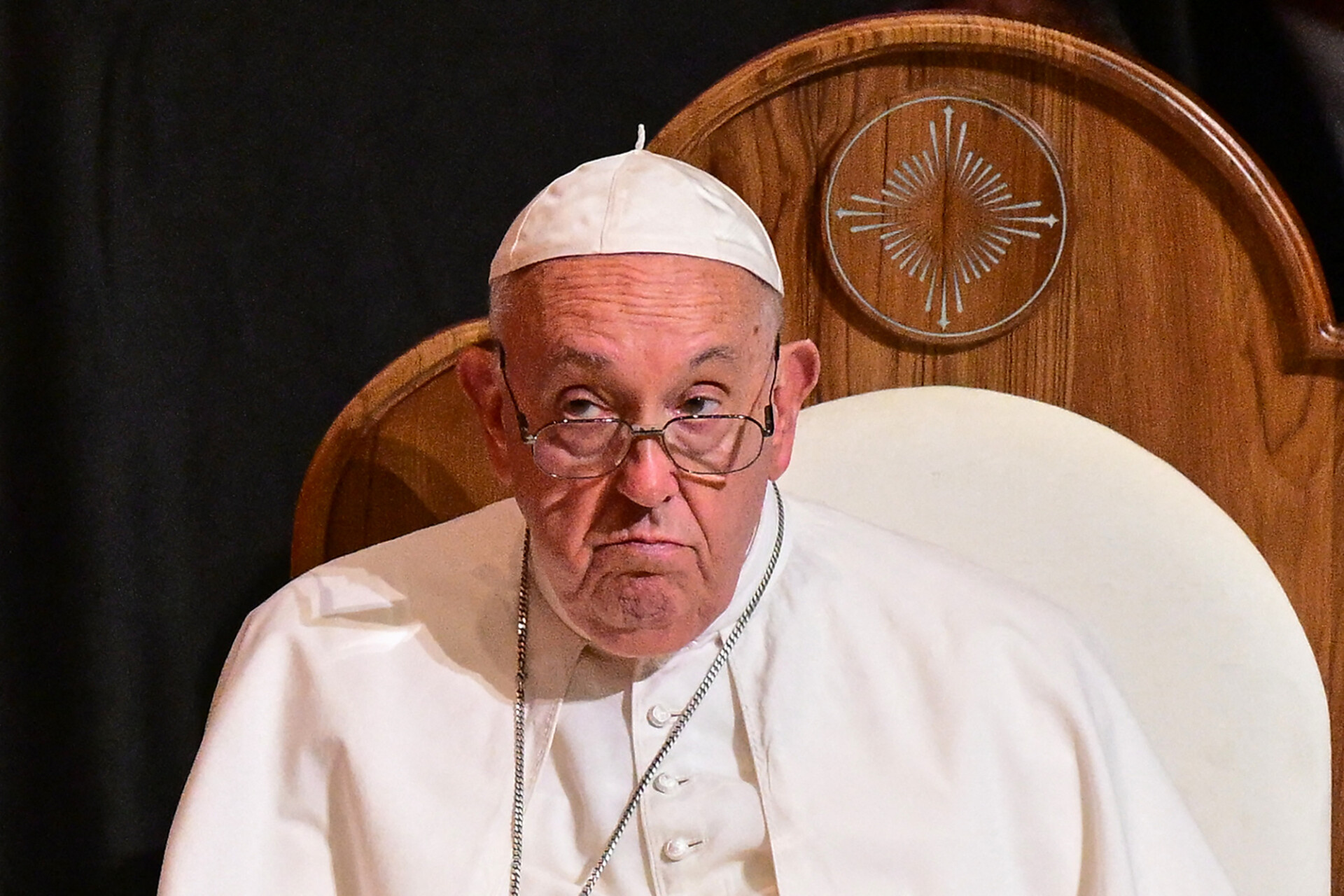Pope Francis has a remarkable tendency to frustrate conservative and liberal Catholics simultaneously. He annoys traditionalists by appearing to support, explicitly or implicitly, changes to long-standing doctrines or practices — and then disappoints progressives by declining, after interminable discussions, to actually make any real changes.
One dialogue that seems to have come to an end with a definitive No from the Holy Father is the one exploring the possibility of ordaining women as deacons (a deacon is a sort of assistant priest). This may change, of course, but for now it is being reported that the door is firmly shut.
Certain Protestant denominations began ordaining women in the closing decades of the last century, and the admission of women to the Catholic priesthood is a frequently repeated demand of modernisers in the Church, along with a relaxation of — or at least a de-emphasis on — rules around the so-called “pelvic issues” of abortion, contraception, and same-sex relationships.
It may turn out, however, that these issues begin to recede in importance over the coming years — at least as far as internal Church affairs are concerned. Catholicism’s centre of gravity is gradually shifting away from Europe and towards Africa, South Asia and South America. Francis is already a transitional figure in this respect: although he is of Italian extraction, he is the first non-European Pope for over 1200 years.
While there are pockets of Catholic vibrancy throughout the Western world, often centred on traditionalist communities, the general picture is bleak. In England and Wales, weekly Mass attendance is nearly down to 500,000, meaning that it has more than halved since 1990. Even before Covid-19, it was around 700,000. As in many European countries, the Church here is increasingly dependent on foreign priests. My own parish is now served by a Nigerian; in our previous parish the priest was from Togo.
In general, Catholics in the Global South are less preoccupied with the kind of social justice concerns that animate so many Westerners. That is not to say they are politically unengaged; rather, they are focused on economic fairness, and the fight against political corruption and authoritarian governments. Most Catholics in, say, Ghana or the Philippines would likely regard the recent collective statement by staff and students at Leuven University in Belgium, criticising the Pope for entirely anodyne comments on women’s roles, as the most wildly trivial self-indulgence.
Their seminaries and churches are mostly full, and they have increasingly strong representation at the highest levels in Rome. They tend also to have a more robustly self-confident faith, which is refreshing when one is used to the self-consciously sophisticated scepticism and dissent that is common in the Western world.
All of which means that endless debates about issues such as female deacons — and the interminable self-referential talking shop that is the “Synod on Synodality” — may represent a kind of last hurrah for the exhausted and demoralised institutional Catholicism of Europe and North America. As this century unfolds, a very different kind of Catholic Church may be on its way.











Join the discussion
Join like minded readers that support our journalism by becoming a paid subscriber
To join the discussion in the comments, become a paid subscriber.
Join like minded readers that support our journalism, read unlimited articles and enjoy other subscriber-only benefits.
Subscribe